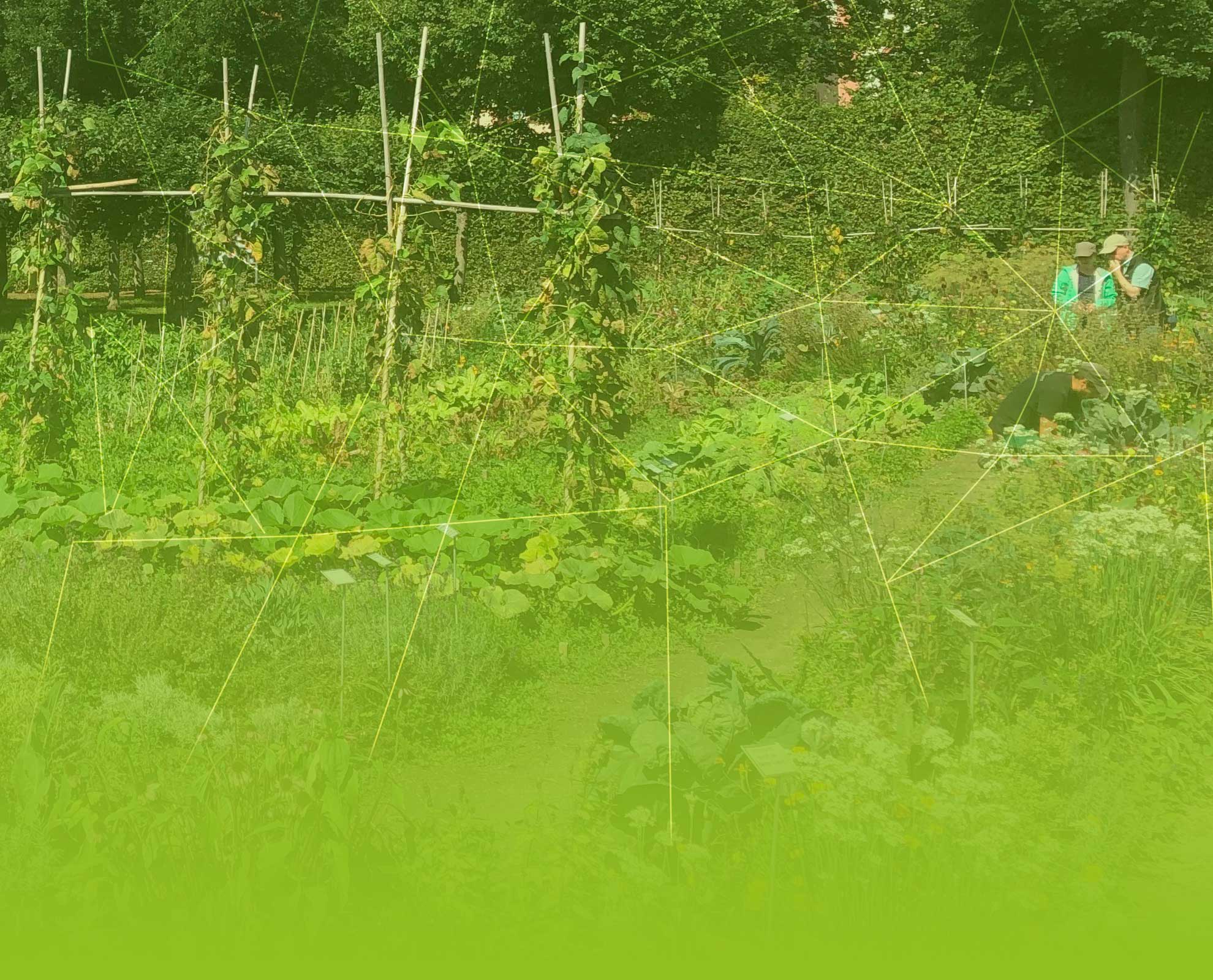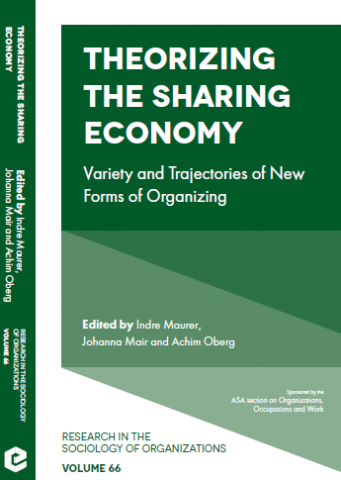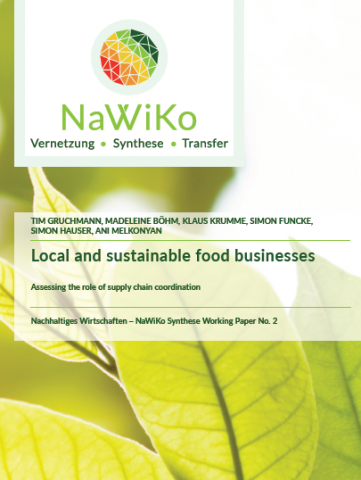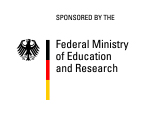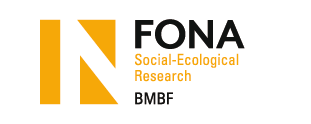Key points addressed in this cluster include:
• How can innovative business models be spread in order to have a greater impact and encourage emulation?
• What role does the value creation chain play in the context of (more) sustainable business models?
• How do sustainability-oriented business models stand apart from mainstream models?

